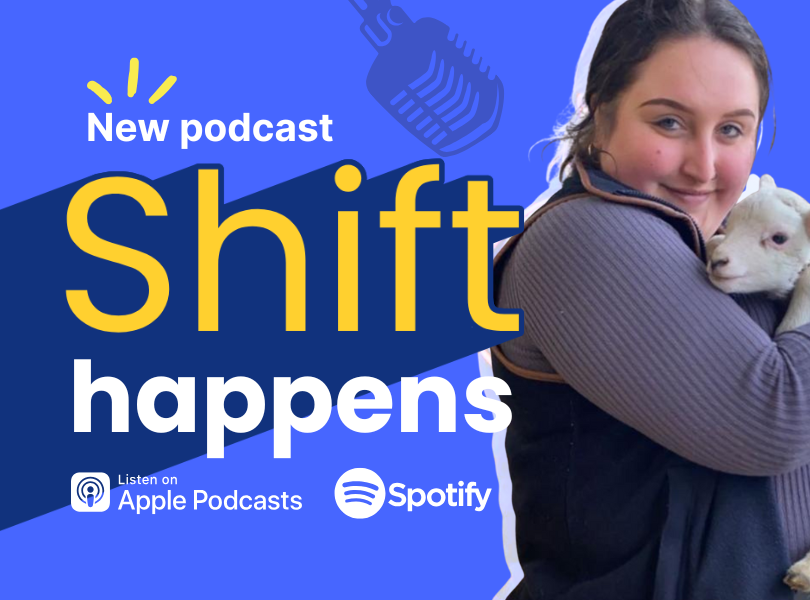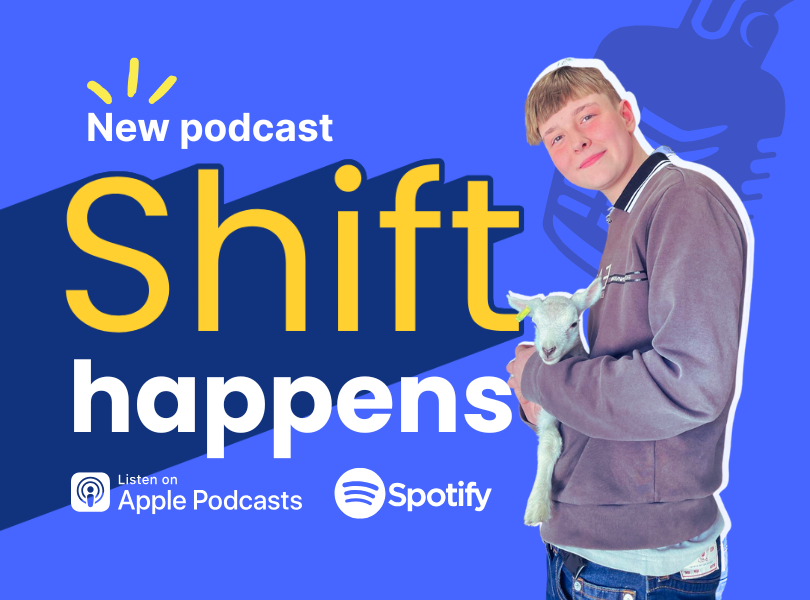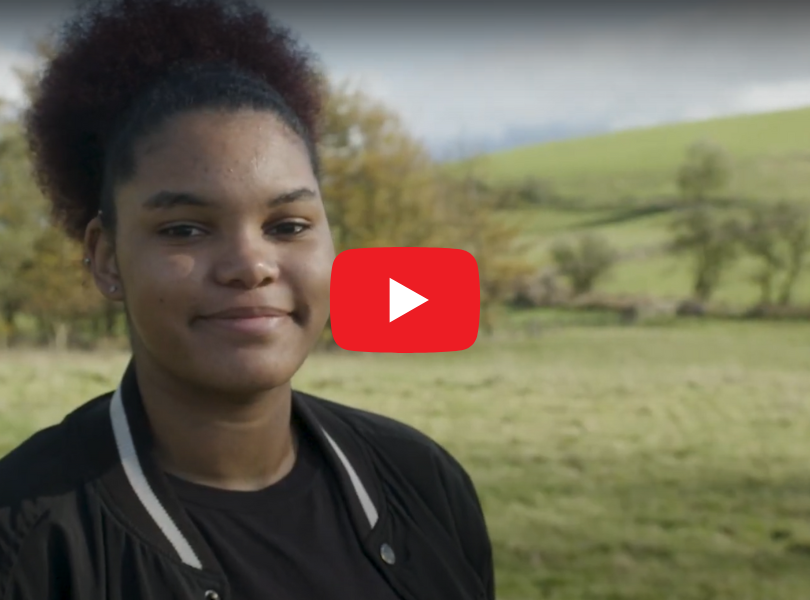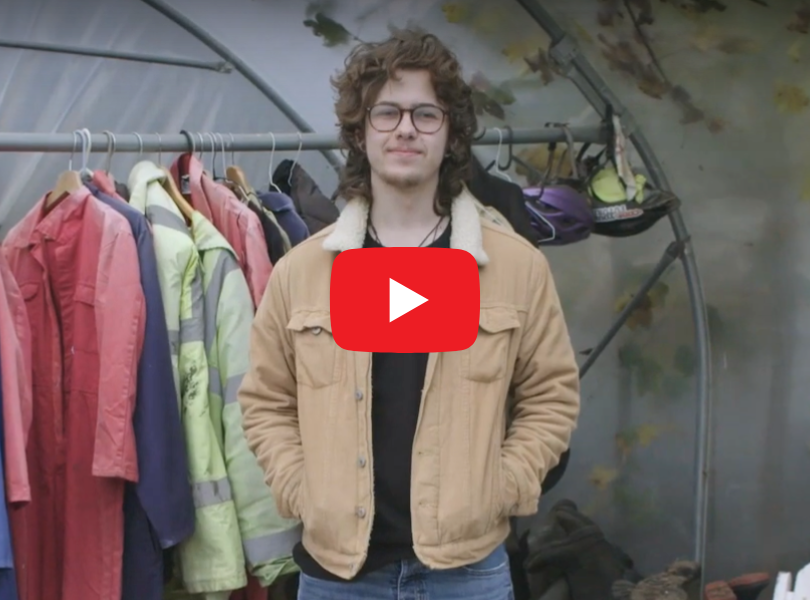Unsurprisingly the news tells us a disproportionate number of white disadvantaged children are failing and falling behind in school achievement. Why could this be? Direct causality is not known but there is a giant stack of impediments blocking their route. National statistics and our experience working with many of these children suggest lack of aspirations. This is underpinned by high intergenerational unemployment, increasing poverty, poor housing, diet, mental and physical health. On top of this there is a relative lack of cohesive extended families compared to children in other ethnic groups which could encourage and support the family’s development and growth.
It is no wonder these families are struggling, and their children are displaying this in their difficulty to perform at school. So much talent is wasted and the feeling of being ‘bottom of the pile is an expression we hear repeatedly from children and adults growing up in many of these deprived communities. “No one cares, we don’t matter” can be the interpretation of communities without investment.
“At Jamie’s Farm I’ve learnt that not everything is impossible and I’m not completely useless.’’ – Courtney 14
Jamie’s Farm has seen some of the best efforts of schools to re-route these children and give them more promising futures. Children need to feel school provides a ticket to a brighter future and is not just a boring waiting room to a life of unemployment. For schools to do this, they need funding and freedom to be creative in their solutions. Providing these children with fresh starts and new horizons are imperatives.
“For many of the children we brought it was a very valuable experience which will live with them for many years. It has provided them with opportunities and activities that they have never experienced and thought they were not capable of carrying out.” Deputy Head Teacher, Monmouth
Schools need the resources to boost the prospects of this group, offering enrichment programmes, be those resources to work with and involve families in the life of schools, joining up social care and mental and physical health and education to the benefit of the whole group. Introducing an open doors policy and intergenerational teaching to change attitudes to education and its value in their lives. The government have pledged to invest £14 million to create a ‘national infrastructure’ of Family Hubs to give parents a single point of access for the services they need. Despite this, we know that will not go far and so need to think what else could change.
These children are full of hidden potential, and we need to develop this, not squash it. When children and their parents visit and stay for a week on one of the Jamie’s Farms, they see who their child can be, their potential becomes visible once more.
“I noticed that my family were doing less shouting and more listening to what each other wanted to say.”- Carys, mum of 3
“After the stress of having a child with additional needs (during lockdown), working and caring for two other boys, Jamie’s Farm was helpful to break unhelpful cycles for all of us.” Janet, mum of 3
The spark that has often gone out in these families is ignited once more, and the desire to be collaborative, caring and hard -working is evidenced. Given no technology or formal teaching but a programme of challenging and meaningful physical work with direct outcomes, time and space to play, a good diet, plenty of sleep, building positive trusting relationships with others, and time for honest reflection, all this attends to the whole person, their mental, physical, social and emotional selves.
“Eating meals together was really nice, and the children sat at the table and ate really well all week. My children normally have a lot of game/screen time, but this week they really impressed me by having none.”- Katy, mum of 2
“Aiden was very open to trying new things which is something I struggle to get him to do at home!” Angela, mum of 2
We hope that with this renewed sense of optimism; these families feel more equipped to take on the challenges that life poses be that in education, employment and health. Too much emphasis on the academic without the support of wellbeing leaves children in these disadvantaged groups more vulnerable to failure. Feeling good usually equates to being good, and being able to do good. With renewed optimism, hope for their future can be renewed for these children too.



